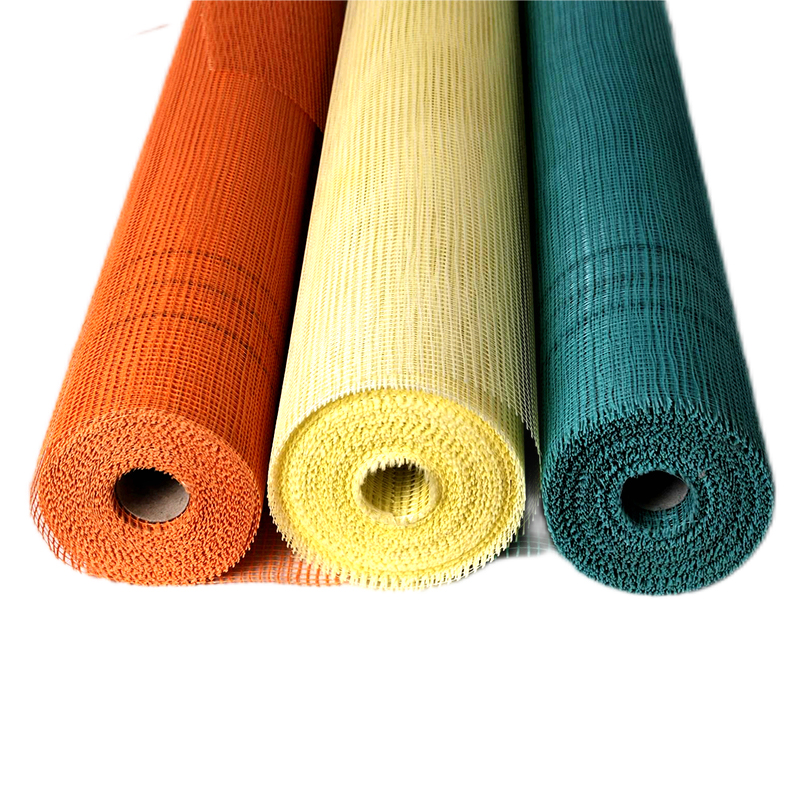Dec . 22, 2024 07:20 Back to list
tape fiberglass manufacturers
The Role of Tape Fiberglass Manufacturers in Modern Industry
In recent years, the demand for fiberglass materials has surged, with tape fiberglass becoming a key product in various applications. Tape fiberglass is used widely in industries ranging from automotive to aerospace, construction to electronics, and even in everyday household items. This surge in demand has led to the proliferation of tape fiberglass manufacturers, each striving to innovate and improve the quality of their products. As markets continue to evolve, understanding the role of these manufacturers becomes essential.
Understanding Tape Fiberglass
Fiberglass, a composite material made of fine glass fibers, offers significant benefits, including high tensile strength, thermal resistance, and lightweight properties. When combined with resin, fiberglass can be shaped into various forms, including tape. Tape fiberglass, in particular, is produced by weaving glass fibers into a flat, flexible material that can be easily applied and shaped. This versatility allows it to serve a multitude of purposes, such as insulation, reinforcement in construction, and as a protective layer in electronic devices.
The Manufacturing Process
The production of tape fiberglass involves advanced manufacturing processes. Initially, raw materials, primarily silica sand, are melted at high temperatures to produce glass. This molten glass is then drawn into thin fibers. These fibers may be treated with various chemicals to enhance their performance and durability.
Once the fibers are produced, they are woven into a fabric and treated with resin. The type of resin used can significantly impact the final properties of the tape fiberglass, making it crucial for manufacturers to choose the right materials to meet specific application requirements. Afterward, the fiberglass is cured, and eventually transformed into rolls of tape that can be shipped to various industries.
Innovations in Tape Fiberglass Manufacturing
To stay competitive, tape fiberglass manufacturers are continuously innovating. This includes enhancements in production efficiency, sustainability, and product performance. Manufacturers are embracing automation and smart manufacturing techniques to reduce costs while increasing output. The integration of IoT (Internet of Things) in manufacturing processes allows companies to monitor production in real time, ensuring quality control and minimizing waste.
tape fiberglass manufacturers

Sustainability is another critical area of innovation. With increasing awareness about environmental impacts, manufacturers are looking for ways to produce fiberglass tape using eco-friendly materials and methods. Some companies are experimenting with recyclable materials and developing production processes that minimize energy consumption and waste generation.
The Market Demand
The global market for tape fiberglass is growing rapidly, driven by increasing adoption in various sectors. The automotive industry is one of the largest consumers, where tape fiberglass is used for insulation, electrical components, and structural reinforcement. In aerospace, the lightweight properties of fiberglass make it ideal for aircraft components, leading to fuel efficiency and a reduced environmental footprint.
Construction is another major sector for tape fiberglass. Builders use it in roofing, insulation, and other applications where strength and durability are critical. The electrical and electronics industries also rely on fiberglass tape for its electrical insulation properties, ensuring safety and reliability in devices.
The Future of Tape Fiberglass Manufacturing
Looking ahead, the future of tape fiberglass manufacturers appears promising. As industries increasingly prioritize lightweight and durable materials, the demand for tape fiberglass will likely continue to rise. Manufacturers that adopt sustainable practices and innovative technologies will have a competitive edge in the market.
Moreover, the ongoing research into advanced composite materials, including hybrid fibers and nanotechnology, may lead to new applications and improvements in tape fiberglass products. As industries evolve, manufacturers must remain agile, adapting to changing market demands and technological advancements.
Conclusion
Tape fiberglass manufacturers play a crucial role in modern industry, providing essential materials that enhance the performance and safety of various products. Their commitment to innovation, sustainability, and quality will shape the future of fiberglass applications. As the demand for fiberglass tape continues to grow, these manufacturers will be at the forefront of meeting the industry's evolving needs, contributing significantly to technological advancements and the creation of more efficient, sustainable materials.
-
The Ultimate Guide to Fiberglass mesh Tape for Drywall and Joint ApplicationsNewsJul.18,2025
-
The Ultimate Guide to Alkali Resistant Drywall Joint Tape: Types, Benefits, and ApplicationsNewsJul.18,2025
-
The Essential Guide to Fiberglass Mesh Tape: Uses, Benefits, and ApplicationsNewsJul.18,2025
-
The Complete Guide to PVC Corner Beads with fiberglass Mesh for Plastering and Drywall ProjectsNewsJul.18,2025
-
A Comprehensive Guide to fiber glass Yarns: Understanding Roving, C, and E Glass FibersNewsJul.18,2025
-
A Complete Guide to Fiberglass mesh Tape for Drywall, Cement Board, and Wall CracksNewsJul.18,2025


















